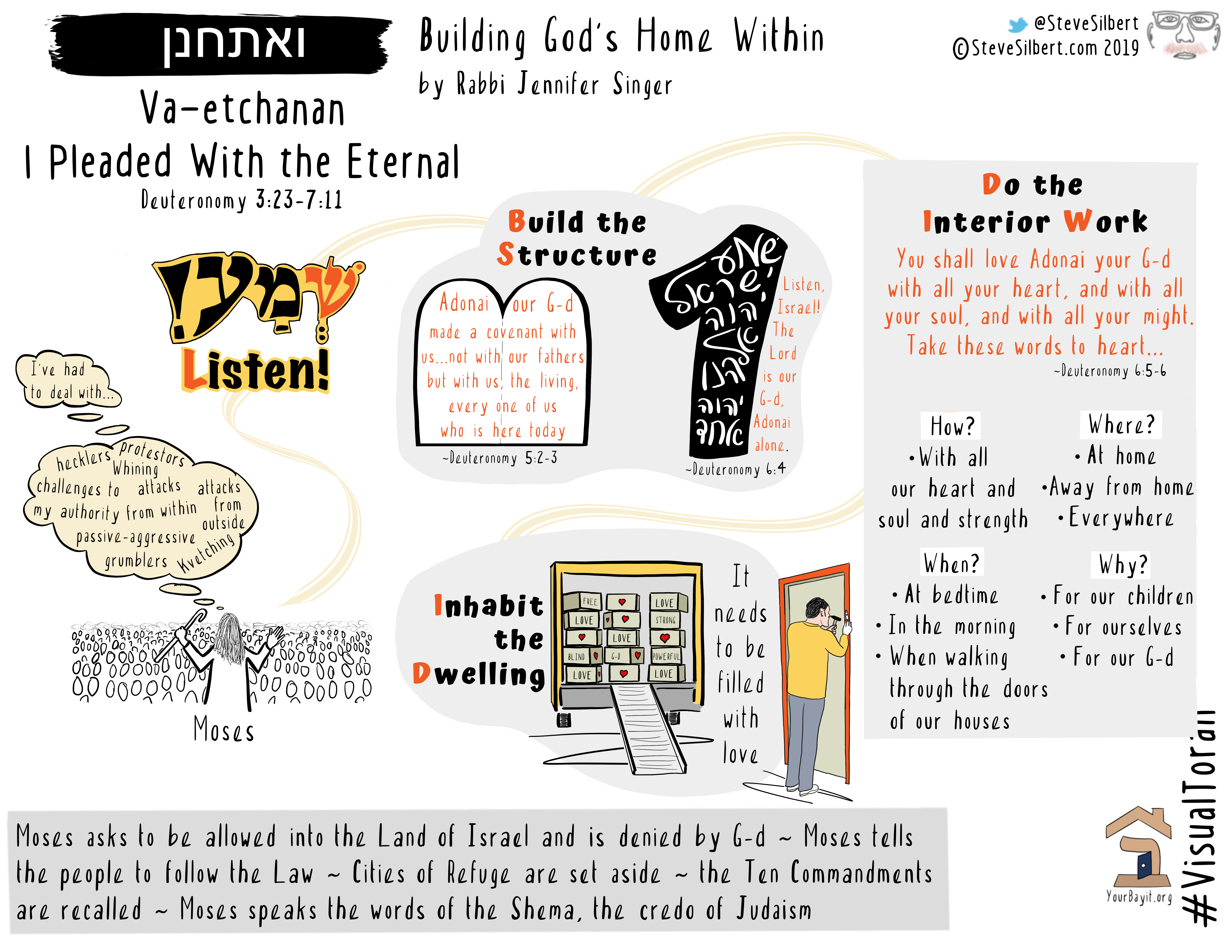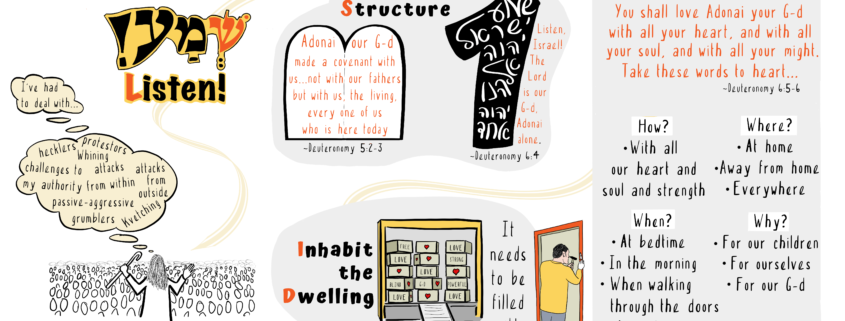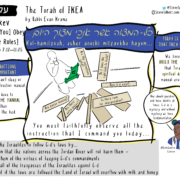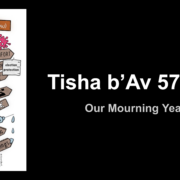Building God’s Home Within

Part of a yearlong Torah series about building and builders in Jewish spiritual life.
I live in a new neighborhood that still is under construction. It had been a neglected golf course, and a developer decided to turn it into houses. My street is an odd assortment of new homes filled with nice people, and vacant lots filled with the debris that vacant lots attract.
One of the vacant lots has just sprouted a house. It seemed to happen so quickly; one day there was nothing, then an area was staked out, concrete poured, walls went up, a roof, and – as if like magic – there stood a house!
And then? Nothing. Or so it seemed. On the outside, nothing changed. But every day workers would show up and disappear inside. Something important was happening that was invisible to the external world.
Eventually someone will move in, and another transformation will occur. It will no longer be a vacant lot or a house. It will be a home.
This process – build the structure, do the interior work, and inhabit the dwelling place, is exactly what this week’s Torah portion (Va’etchanan) offers. It is the second portion in the Book of Deuteronomy, Moses’s farewell speech.
By the end of their 40-year trek through the desert, Moses knew a thing or two about community building. He’d learned how to deal with hecklers, protestors, challenges to his authority, and passive-aggressive grumblers. He’d seen it all — unwarranted attacks from within and surprise attacks from the outside. So when it came time for his big farewell speech, he was ready.
“Shema Yisrael!” he thundered. Again and again, he said the word Shema – Listen! Like a born orator or an advertising genius, this once tongue-tied man knew that the best way to get his message across was through repetition.
So it is no surprise that he took the opportunity to remind the people of the building blocks of Judaism, the Ten Commandments. Speaking to the next generation, the children of those who had been at Mt. Sinai with him 40 years earlier, he told them that the words apply to them too: “Adonai our God made a covenant with us… It was not with our fathers that Adonai made this covenant, but with us, the living, every one of us who is here today” (Deuteronomy 5:2-3).
“Shema Yisrael!” he shouted again. “Listen, Israel! The Lord is our God, Adonai alone.”
With that declaration, combined with the commandments, the external structure was complete. But as with the house down the street from me, the job was not done. It was time for the interior work. So Moses spoke the words that so many of us know by heart, words we have recited over and over again, in Hebrew and in English:
“You shall love Adonai your God with all your heart, and with all your soul, and with all your might. Take these words to heart…” (Deuteronomy 6:5-6)
Known simply as the V’ahavta (“you shall love”), this paragraph that comes immediately after the Shema tells us how to be in relationship with God.
How? With all our heart and soul and strength.
Where? At home. Away from home. Everywhere.
When? At bedtime. In the morning. Every time we walk through the doors of our houses.
Why? For our children. For ourselves. For our God.
The words of the V’ahavta don’t tell us how to worship God. They tell us how to love God and how to let that love infuse our very being, our every action, each moment. And every time we walk through the doorway of a Jewish home, we can find those words in the mezuzah that is affixed during a house dedication; the final step in the process of making a house a home.
Moses knew that the external structure needed to be filled, and it needed to be filled with love. He was building a community of God lovers, teaching us how to fall in love with God and how to express that love.
The house down the street from me is almost complete. Almost. It won’t be done until a truck pulls up and spills out the furnishings, the dishes, knick-knacks, and all that is needed to make a building into a home. And even then, it won’t be done.
I will know it is complete when people arrive, when I see lights shining from the windows one evening, and when they step out into the morning and introduce themselves – happy to have joined this community, perhaps not even realizing that a transformation had occurred.
Each one of these vacant lots will, in time, experience the same transformation. May we each be blessed to create for ourselves the inner transformation that Moses envisioned.


By Rabbi Jennifer Singer. Sketchnote by Steve Silbert.









